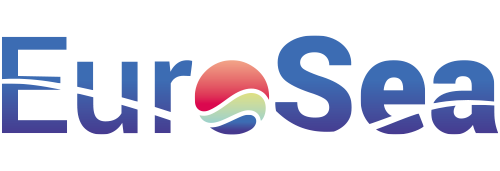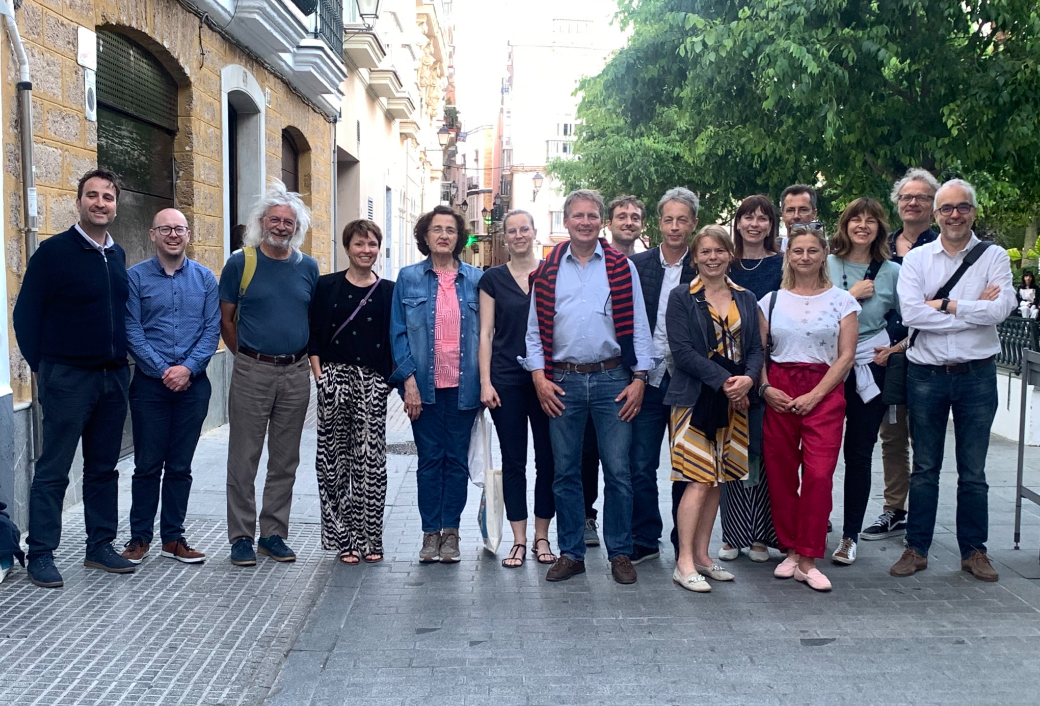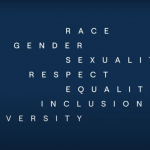The 3rd EuroSea Annual Meeting took place from 9 to 13 May 2022 at the University of Cádiz, Spain. This hybrid event was hosted by the EuroSea partner Consejo Superior de Investigaciones Científicas (CSIC) and co-hosted by the University of Cádiz representing and coordinating the European University of the Seas.
The goal of the event was to share project progress, strengthen internal project collaboration and communication, exchange ideas , and engage in a face-to-face dialogue with local stakeholders as well as young scientists.
It was the first time since the EuroSea kick-off meeting in November 2019 that all consortium members got the chance to meet in person. The meeting was attended by 92 participants in Cádiz and 35 participants who joined virtually .
The first day of the Cadiz week was spent in separate meetings of the EuroSea work packages. The work already done was evaluated and agreements for the future were made. The day ended with an icebreaker event combined with an Early Career Poster Session during which 12 students from the European University of the Seas presented their work. Their participation also gave them the opportunity to take their first steps into the professional marine science world, including participating in the plenary sessions and workshops later in the week, where they also worked as workshop rapporteurs.
After the plenary opening by EuroSea coordinator Toste Tanhua (GEOMAR, Germany), Gabriel Navarro (event host, CSIC), Fidel Echevarría (General Coordinator of the European University of the Seas), and Rafael Vélez (Vice-Dean of Internationalization, University of Cádiz), the meeting included plenary presentations on the work of the nine EuroSea work packages, followed by discussions about the integration of the ocean observing and forecasting efforts and policy-relevant ocean indicators.
The EuroSea Annual Meeting helped to enhance interactions among the various parts of the project. Four breakout sessions took place in three parallel sessions allowing the participants to dwell deeper in the topical EuroSea issues. The topics discussed spanned best practices in science and technology, sustainability and governance of the observing systems, international and regional regulations for ocean observation, and EuroSea operational services on ocean climate, forecasts, and ocean health monitoring, as well as the monitoring and analysis of the EuroSea impact.
The EuroSea General Assembly took place during the Annual Meeting. It included reports from the EuroSea committees on Gender and Diversity, Innovation and Stakeholders, and the International Scientific and Technical Advisory Board. The week concluded with a discussion on the next steps towards an improved ocean observing integration, a strong ocean governance , and the development of the European Ocean Observing System framework.











